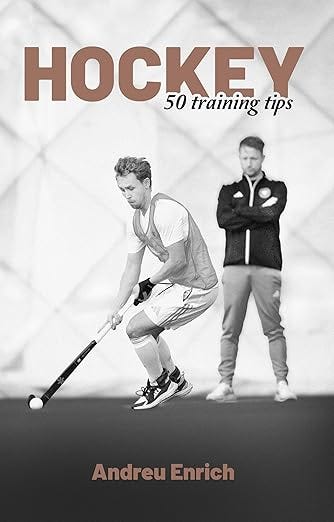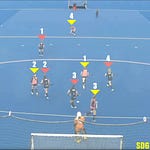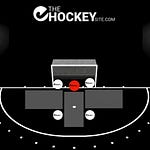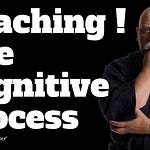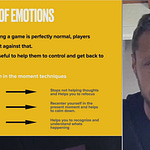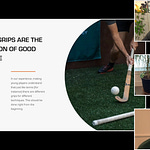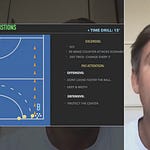When reflecting on the recent masterclass with Andreu Enrich, there’s one insight that stands above the rest for field hockey coaches: the transformative impact of purposeful, integrated feedback in your daily coaching.
If you’re like most coaches, you already know the importance of feedback. But what Andreu makes crystal clear is that feedback isn’t just an add-on or a box-ticking exercise—it’s the heart of shaping behaviors and developing players, session after session. As Andreu himself explains,
“The most important responsibility of the coach during the training session is providing feedback... feedback is something that it's completely related to the action of the player.”
So, what does this look like in practice? According to Enrich, effective feedback has three essential qualities:
Immediate: The moment a player makes a notable action—especially a positive one—reinforce it quickly. Delayed feedback loses its power and relevance.
Specific: “If someone makes a good action, someone receives one ball and then controls moves with the ball ... you say ‘good’. Okay, what is good? ... The easiest way to do this, ‘Hey, good pre scanning.’ Good pre scanning directly after the good pre scanning. And then the behavior starts getting sedimented.”
Contingent: Avoid blanket praise. When “good” becomes an automatic response, it loses all meaning for your players. Instead, use feedback selectively and only when the action fits your coaching objectives.
Why does this matter so much? Because players are shaped by what gets recognized and reinforced. Consistently embedding sharp, actionable feedback into your sessions is how you genuinely shift habits, improve decision-making, and raise overall game intelligence on the field.
How to Put This Into Practice:
During every drill and game, actively observe and pick out specific behaviors you want repeated. Praise them as they happen.
Link your positive feedback to the tactical or technical objectives you set for the session—e.g., “Great job scanning before the pass,” or “Excellent change of direction on the press.”
When providing correction, keep it concise and actionable. Where possible, reframe mistakes as opportunities for immediate adjustment—“Next time, angle your stick earlier for interception.” But don’t neglect celebrating the right behaviors; positive reinforcement is more powerful than negative.
Be selective but consistent. If feedback becomes routine noise, it gets tuned out. Make your words matter.
And don’t neglect the small off-field touches. The “lubricant talk”—a quick, informal check-in before or after a session—can make a world of difference to a player’s confidence and sense of belonging, especially with more challenging characters or youth athletes. “Whatever you do, it’s always good to talk to the players... you just need to have [those conversations],” Andreu reminds us.
To sum it up: Purposeful, specific, immediate feedback—blended with human connection—is how you shape behaviors, boost learning, and keep motivation sky-high. If you only take one thing from this masterclass, make it that.
Want to see these ideas explored in detail? The full masterclass video dives into tactical periodization, structuring teams for small-sided games, integrating athletic coaching within hockey practice, and much more. If you care about building a high-performing team culture, or just want a library of practical ideas you can apply to your next session, you’ll want to buy the book, watch the whole session and read on below for an in-depth look and unlock those insights from Andreu Enrich.



